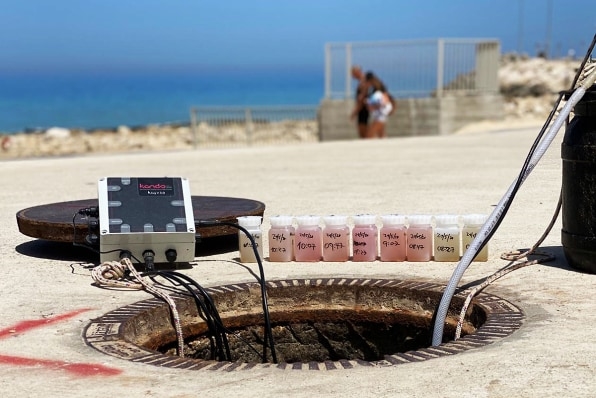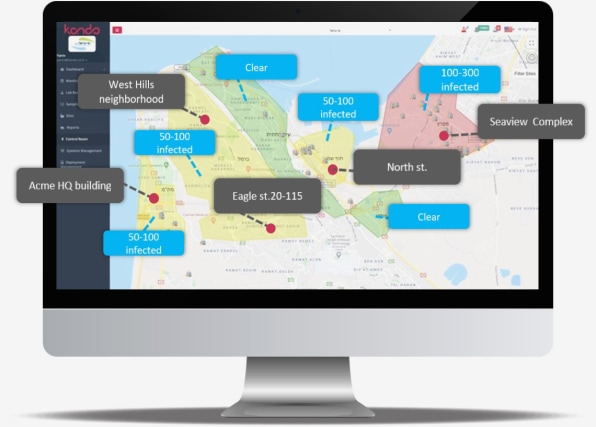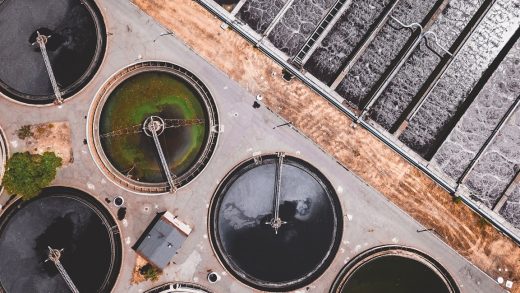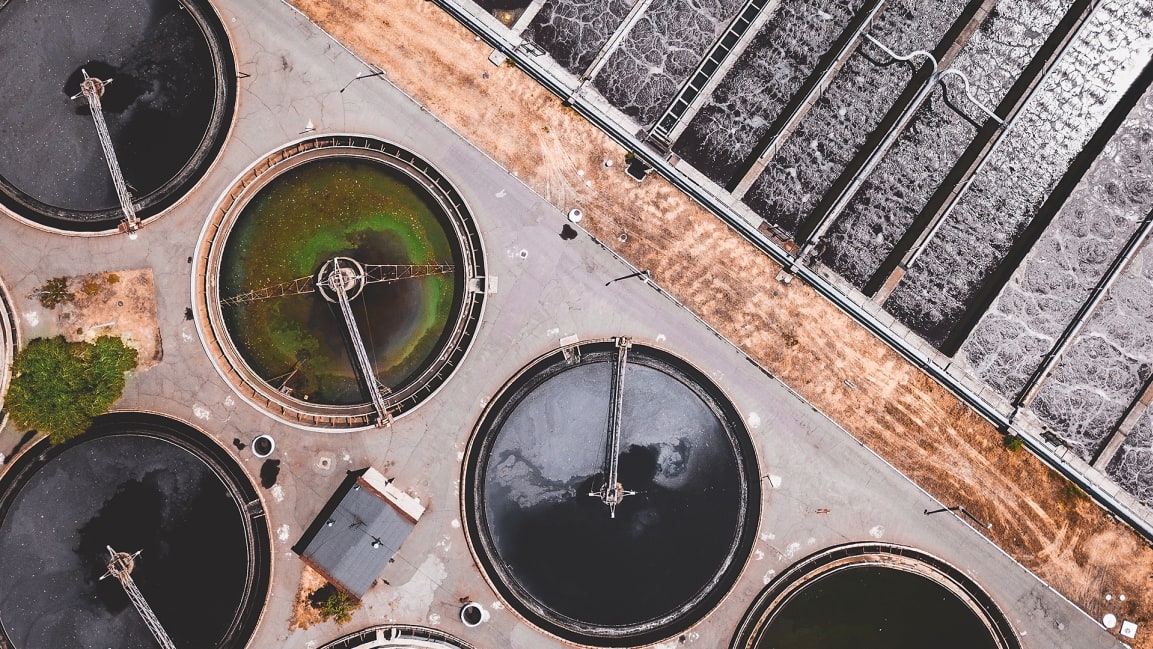This company is finding hidden COVID cases by searching through our poop
In the U.S., where there are now 5.14 million confirmed cases of COVID-19, tests still aren’t happening quickly enough to stop the spread of the disease. That’s partly because of the government’s epic mismanagement of the pandemic, and partly because as many as 45% of the people who are infected never have symptoms, meaning they don’t have any reason to get tested. Others later get visibly sick, but were already spreading the virus before they showed any symptoms.
An Israeli city is using a different method of testing that it hopes can help find coronavirus cases faster: By testing sewage samples for the virus (which people shed in their feces), researchers can identify neighborhoods where an outbreak is happening before people there know that they’re sick.

“The virus can be detected in wastewater even before symptoms are starting,” says Yaniv Shoshan, VP of product at Kando, a tech company focused on wastewater management that partnered with researchers at Ben Gurion University and the Technion to pilot COVID-19 sewage tests in the Israeli city of Ashkelon. “So we have a time advantage over the normal procedure, where somebody feels a bit sick, and then he goes to the doctor, gets tested, waits for a few days—you can pass a week or two before someone knows something. But with this, you can identify an outbreak a week or two [earlier].”
In some of the hardest-hit American states, such as Florida, public health agencies say that test results can take as long as 10 days. That’s so long that it can’t effectively help; by the time someone is informed that they’re sick, they’ve likely already infected someone else. The positive test rate in Florida—where ICU rooms are now filled to capacity—is 17.2%. To know that most cases are being detected, the positive test rate would need to be less than 5%.
In Ashkelon, the team uses a network of sensors and devices that can automatically take sewage samples under manhole covers. (Kando normally uses the same technology to track industrial pollution in wastewater.) The samples go to a lab for COVID-19 testing, and using a model that accounts for pollution in the sewage that can kill the virus, it’s possible to estimate the number of active cases. In areas with the highest levels of the coronavirus, more samples can be taken upstream to narrow in on a particular neighborhood or even a street. Ashkelon initially thought that it had few cases, apart from “coronavirus hotels” where patients were in quarantine. But the new testing proved that the virus was actually much more prevalent.

“Decision-makers can look at our dashboard, a map of the city, and see every day the status of every part of the city,” says Shoshan. “When they see an outbreak, they can react fast and they can choose to focus on smaller areas. They can avoid a sweeping lockdown and they can avoid the quarantine all over the city, and instead of that, they can quarantine on one street. Most of the population can continue with their normal life. Businesses can reduce economic damage.”
This type of testing is also cheaper than running tests on thousands of people without symptoms to try to catch every case. Shoshan says that it could be used in high-risk settings such as nursing homes, triggering individual tests only when the virus appears in wastewater. Now that is has proof that the system works, the company plans to expand the service to other cities, both in Israel and other countries. “We’re ready to be commercially deployed,” Shoshan says.
(26)



